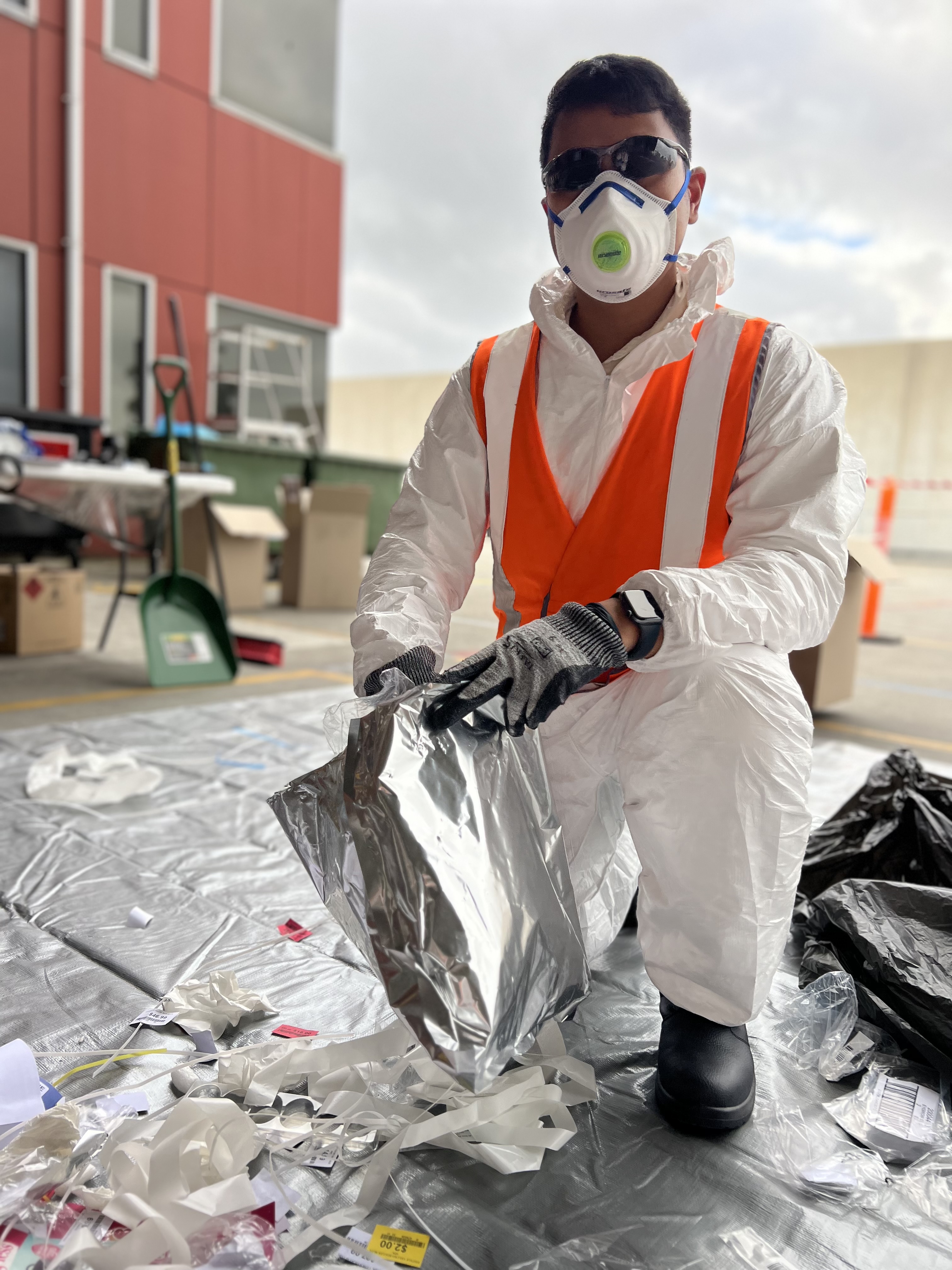
Wesfarmers Health - Waste, packaging and plastics

Wesfarmers Health recognises that its business operations have a direct and indirect impact on the environment. A material part of this impact is its treatment of waste, packaging and plastics.
Operational Waste
During the 2024 financial year, Wesfarmers Health focused on delving into and analysing waste data for its retail stores and clinics, to identify areas of opportunity. In prior years, the focus of reporting has been on distribution and fulfilment centres as these sites represented the biggest contributors towards the business’ waste footprint.
The business has now developed an operational waste model for stores and clinics using data collected from targeted waste audits. Such audits provide a means to reliably estimate the waste footprint of stores and clinics. With a stronger understanding of its operational waste baseline, Wesfarmers Health can turn its attention to waste reduction strategies in an informed way. These audits uncovered potential improvements, specifically in paper recycling.
The operational waste footprint for the division (including an estimate for retail stores and clinics), was 2,301.5 tonnes during the 2024 financial year, with 80.4 per cent of this waste diverted from landfill.
Packaging and plastics
Wesfarmers Health completed its first APCO Annual Report and Action Plan in March and May 2024. Achieving a result of Getting Started, Wesfarmers Health has used this to identify specific areas for improvement and develop its own Sustainable Packaging Guidelines for private label suppliers. These Guidelines will govern future product developments and product packaging range reviews in designing for packaging recoverability and recyclability.
While Wesfarmers Health acknowledges that it is in the formative stages of its sustainable packaging journey, it is particularly committed to improving packaging in private label products where it has the most leverage.
Wesfarmers Health also commenced work on implementing Australasian Recycling Labels (ARL) by adding its first ARL to one of its own-brand products for the first time. The ARL Program is an on-pack labelling scheme designed to inform consumers on the best way to dispose of product packaging, as well as assist brand owners with the development of recyclable packaging. The addition of ARLs on packaging is a key driver of increased consumer awareness and driver of waste diversion rates.
Take back program
Priceline has continued to participate in a take back program that was initially launched by Maybelline in partnership with Terracycle during 2021. The program encourages customers to return their empty makeup containers, regardless of brand, to be deposited in dedicated collection units located within Priceline stores. In return, Priceline Sister Club members are rewarded with points.
The collected makeup packaging is then sent to Terracycle, where it is sorted, processed, and converted into usable raw material that can be repurposed and diverted from landfill.
